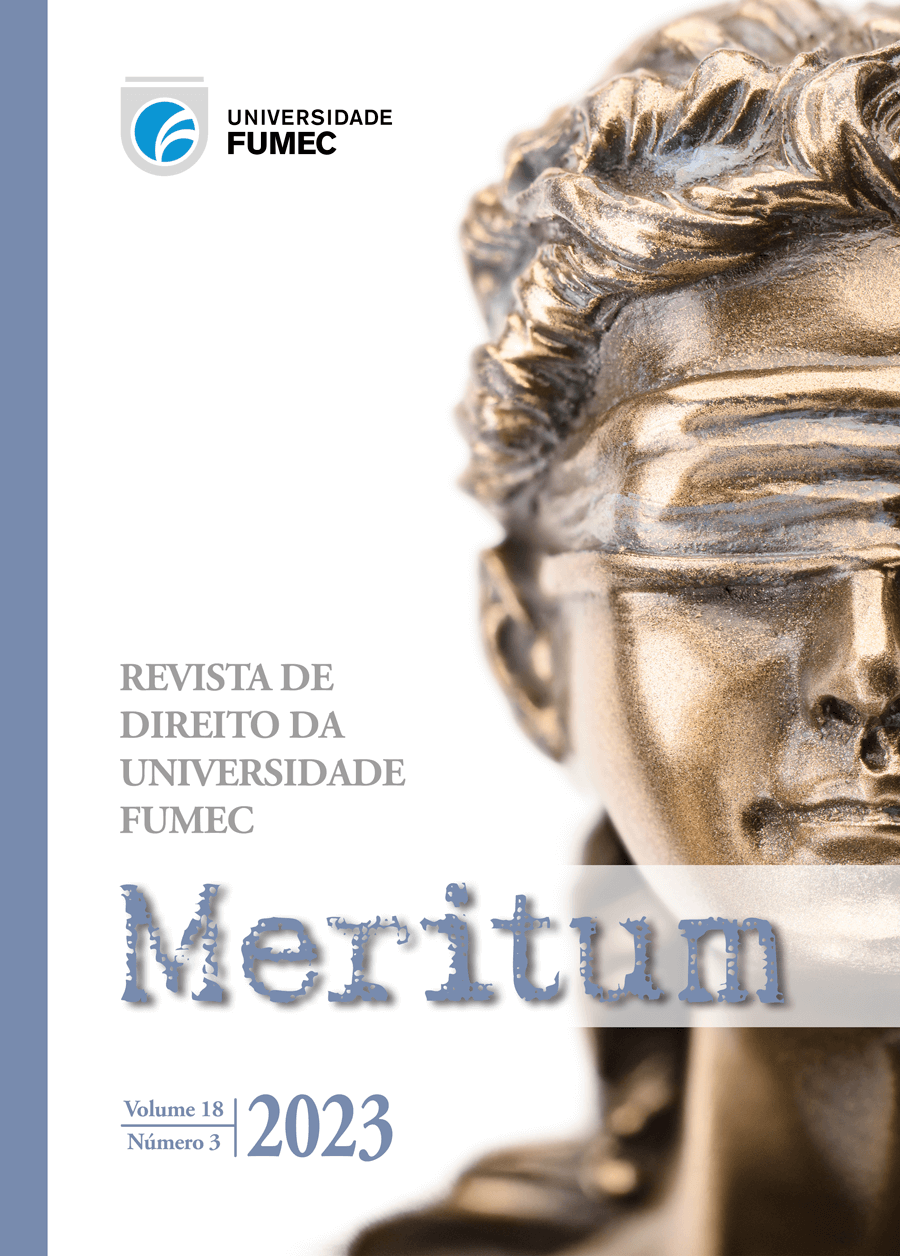REFLEXIVE FREEDOM AS A COMPARATIVE LAW ANALYSIS PARAMETER IN THE CONSTITUTIONAL COURT DECISIONS OF BRAZIL AND SPAIN ON HOMESCHOOLING
A COMPARATIVE LAW ANALYSIS
DOI:
https://doi.org/10.46560/meritum.v18i3.9480Resumo
This work sought to carry out, from the functionalist method that seeks to find relationships in the analyzed phenomena according to their social manifestation and their function in it, a comparison between the decisions of the Brazilian and Spanish constitutional courts regarding the manifestations of the Fundamental Right to Freedom. In this sense, partial differences were found between the two judicial decisions, since both declared the practice of homeschooling unconstitutional, but there were differences regarding the flexibility of a possible practice of this educational modality in the future, with the Brazilian decision allowing the practice through a law that regulates home education, which was not in the Spanish decision. Thus, there was a restriction on the collective will and freedom in favor of the common interest, which is precisely the one brought in the present work in the development of the theoretical framework (Axel Honneth), which highlights a crisis in democratic constitutionalism and reinforces the need for reflection on the theme.
Downloads
Publicado
Edição
Seção
Licença
Autores que publicam nesta revista concordam com os seguintes termos:
- Autores mantém os direitos autorais e concedem à revista o direito de primeira publicação, com o trabalho simultaneamente licenciado sob a Licença Creative Commons Attribution que permite o compartilhamento do trabalho com reconhecimento da autoria e publicação inicial nesta revista;
- Autores têm autorização para assumir contratos adicionais separadamente, para distribuição não-exclusiva da versão do trabalho publicada nesta revista (ex.: publicar em repositório institucional ou como capítulo de livro), com reconhecimento de autoria e publicação inicial nesta revista;
- Autores têm permissão e são estimulados a publicar e distribuir seu trabalho online (ex.: em repositórios institucionais ou na sua página pessoal) a qualquer ponto antes ou durante o processo editorial, já que isso pode gerar alterações produtivas, bem como aumentar o impacto e a citação do trabalho publicado (Veja O Efeito do Acesso Livre).






